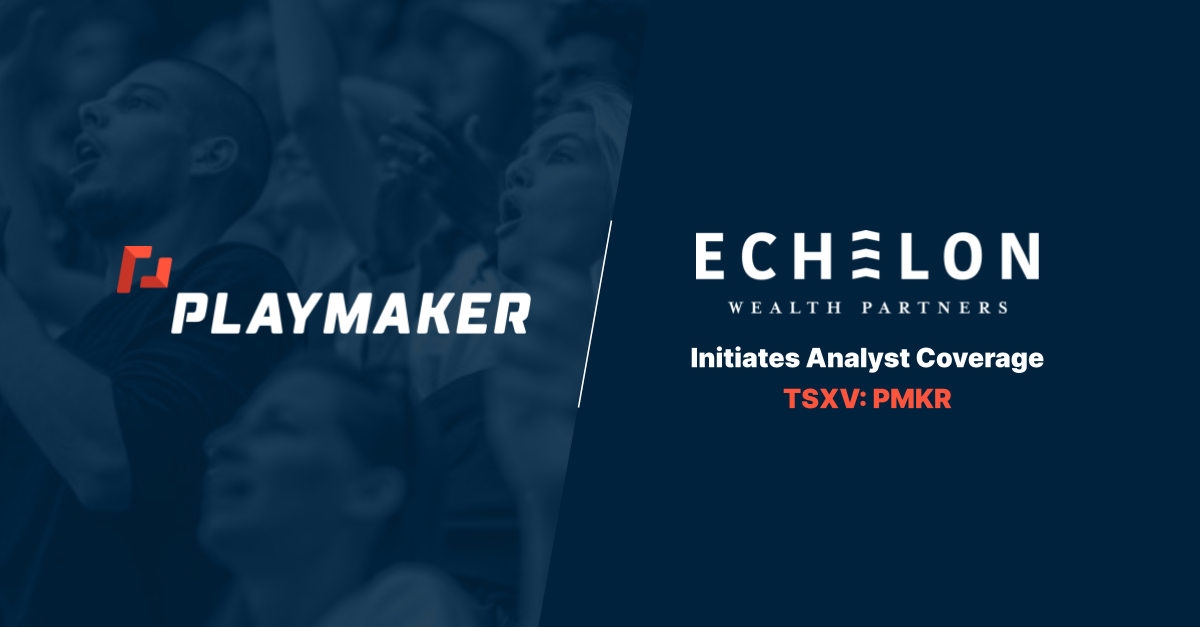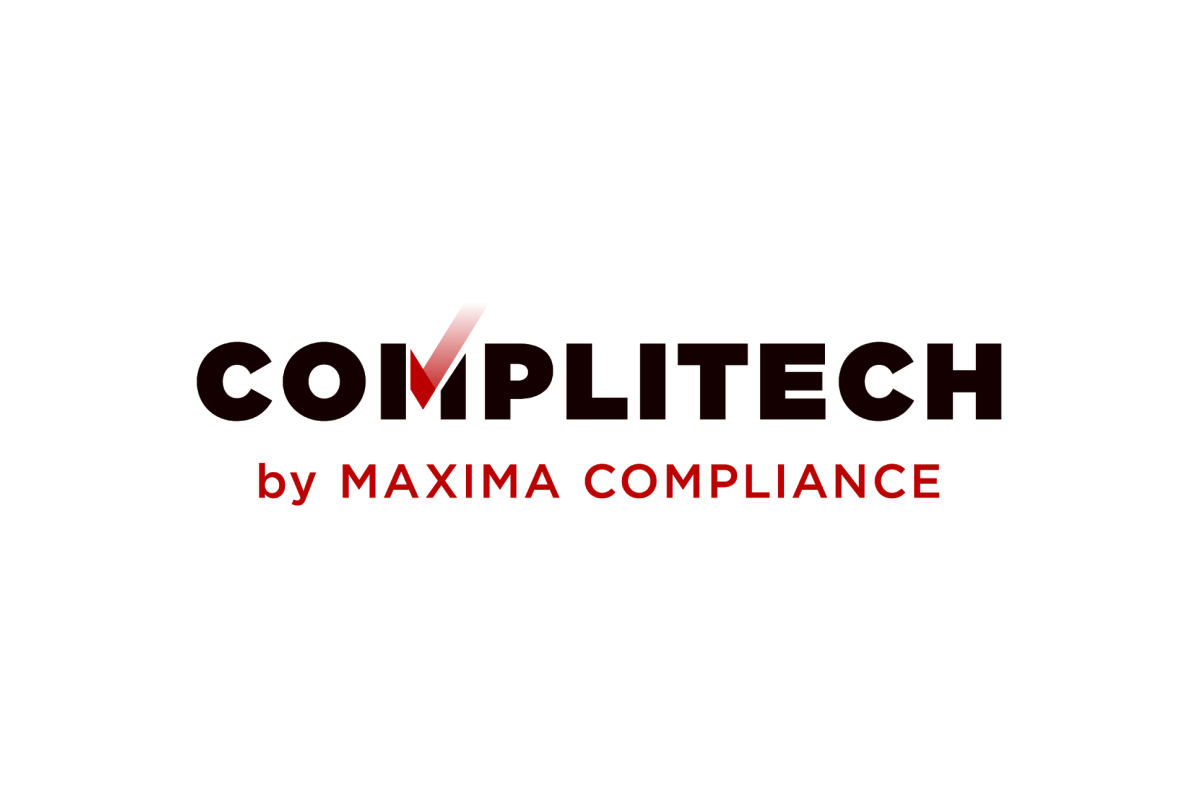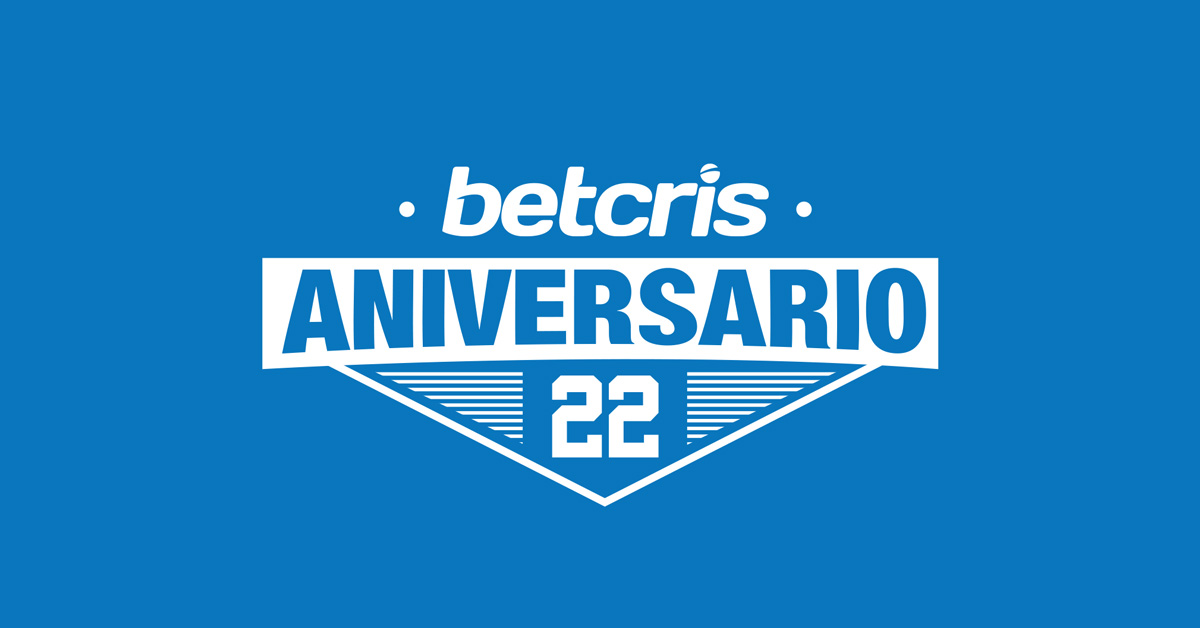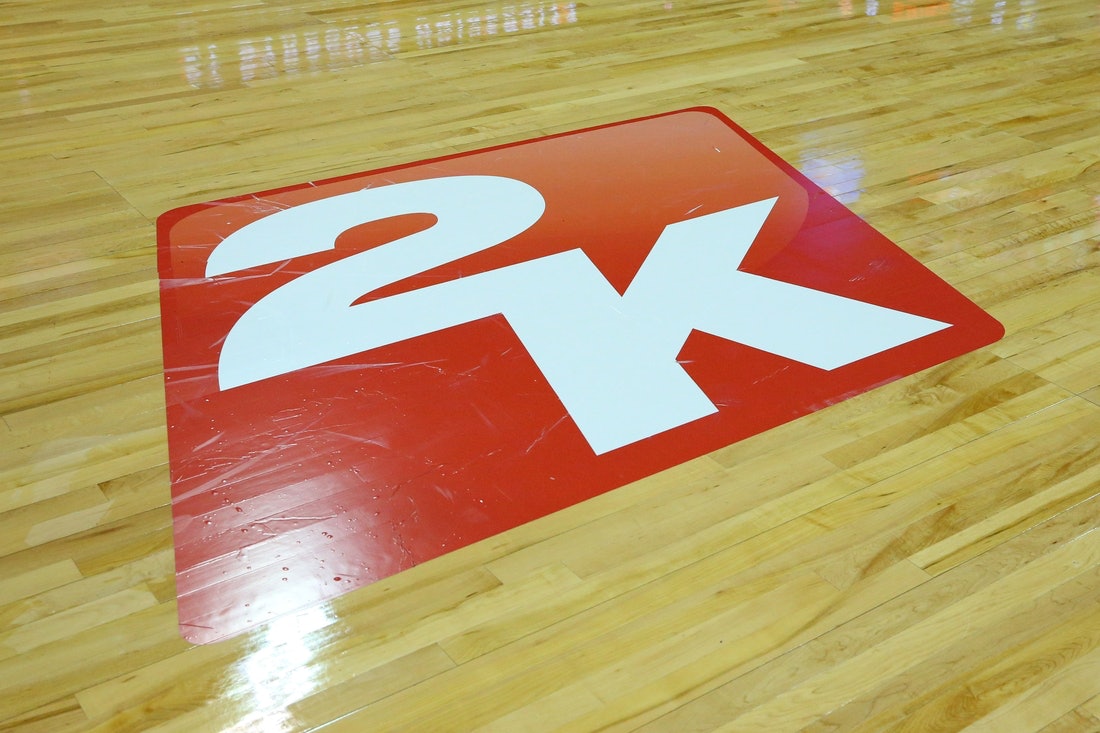
US data protection: Online habits and data breaches
ProtonVPN’s survey reveals US online data protection habits and how common data breaches are.
As an organization building an internet where privacy is the default, Proton are always interested in how people protect themselves and their data online. They asked 1,000 randomly selected people over the age of 16 questions about their online habits to reveal what the average US citizen is doing to secure their online data.
The survey results indicate just how common data breaches are, which data people are most concerned about being exposed, as well as the level of protection individuals use to keep their information safe.
ProtonVPN have highlighted the key findings from the survey below.
Gmail is the most common email provider, but iCloud is popular among people under 25
The survey asked respondents which email provider and internet browsers they used most.
Gmail came out on top as the most popular email provider, with 73.71% of respondents using a Gmail account.
Apple’s email service, part of the iCloud suite, was the fourth most popular overall. However, the results showed a sharp increase in iCloud accounts within the 16 to 24-year-old age bracket (over 18% had an iCloud account compared to under 10% of those above this age range), signaling a conspicuous appeal to the younger generation.
When evaluating email service providers, it’s important to consider their track record as well as the protections they have in place. Some email providers, such as Yahoo and Outlook, have suffered major data breaches. Other email providers, such as Gmail, have a good security record but scan your emails, track your purchasing habits, and share access to your messages with third parties. And, unfortunately, none of these popular providers, including Apple’s email service, offer end-to-end encryption or zero-access encryption.
ProtonMail uses zero-access encryption on all emails so that we cannot read your messages, meaning no third parties can read them either. It also means that even if there were a data breach, your messages would remain secure.
Most providers do now offer two-factor authentication for their logins, and you should always use this security measure. However, 2FA by itself won’t always be enough to protect your account, depending on the type of breach. It also cannot prevent your provider from selling or sharing your data. For a more private email experience, you need to use an encrypted service, such as ProtonMail, that protects all messages.
For internet browsers, Google Chrome came out on top with 63.45% of people using Chrome as their day-to-day browser, while Safari came second with 26.29% of people using Apple’s chosen browser as their main search provider.
Many people use Big Tech services simply because they come preinstalled on their devices or offer name recognition and speed. Yet these services are built on a business model of exploiting your data for advertising purposes, which is at odds with privacy. This is especially true with browsers, which is why using alternative services that minimize data collection is the best way to find what you’re looking for while handing over the least amount of information.
72% of people admit to using public WiFi networks without adequate security measures, despite privacy warnings
Though many may feel they are as careful as possible with their online security, do we give this as much thought when we are on our phones or on the move?
Chances are, when you have been out grabbing dinner, on holiday, or working from a coffee shop, you’ve logged into a public WiFi network. Our survey revealed that over 72% of people use public WiFi networks, despite the risks they pose to your privacy.
These WiFi networks often will make you agree to terms and conditions that allow them to monitor your browsing and link to your email so that they can sell that data to advertisers.
Having a trustworthy VPN running on your device can help with this issue, as the VPN encrypts your data, preventing the network operator from monitoring your online browsing.
Over a quarter of people surveyed had their data exposed in a breach
As part of the survey, we additionally asked respondents to enter their main email address into a website called haveibeenpwnd.com. This website is free to use and checks whether an email address has been exposed in an online breach.
Our survey found that 25.8% of people have had their data exposed in a breach online at least once. Over 10% hadn’t even realized this was the case before checking for the survey.
The website also checks if your email address has been subject to a “paste”. “Pasting” is a type of data breach where hackers copy and paste personal information, such as email addresses, names, passwords, and so forth, on specific websites, like PasteBin. This makes it much easier for others to obtain and share a person’s data. 20% of people who took part in our survey found that their personal information had been subject to “pastes”.
We asked respondents to specify the type of information they found being exposed the most. Three kinds of data were especially common:
- Email Addresses (57.19%)
- Passwords (38.36%)
- Usernames (33.22%)
The survey also asked respondents to specify the type of companies that had been breached. The social media industry had the highest percentages of people affected by a data breach (42.12%), followed by gaming (25%) and tech-based websites (20.55%).
A larger breakdown can be seen below:
| Social media | 42.12% |
| Gaming | 25.00% |
| Technology | 20.55% |
| E-commerce | 18.84% |
| Lifestyle | 17.81% |
| Banking | 17.12% |
| Creative | 11.64% |
| Fitness | 10.96% |
| Adult industry | 8.56% |
Unfortunately, there isn’t much anyone can do when an external company suffers a data breach. People trust that a company or website has as much security in place as possible to keep their online data safe. This is not always the case, and even companies with high security levels have suffered large data breaches.
Most large social media platforms have suffered data breaches, including Facebook in 2019 and TikTok, Instagram, and Youtube, where the information of millions of users has been exposed. In this case, there is nothing more these individuals could have done to protect their data.
If people are worried about their information being exposed from websites such as social media, sharing as little personal data as possible on these accounts will reduce the amount of data at risk in any potential breach.
82% of people are concerned about having their personal data exposed in a breach, but less than 21% would change their online habits
The team at ProtonVPN wanted to find out not just what information has been exposed online, but ultimately what information people are most concerned about being exposed.
The survey revealed that the three types of information people are most concerned about being exposed in a breach are:
- Bank details (54%)
- Passwords (43.53%)
- Physical addresses (18.13%)
Overall, 82% of people admitted to being worried about having their information exposed in online data breaches.
However, when we asked the same survey respondents about the precautions they take to protect themselves and their data online, their responses did not match this level of concern:
- Less than 23% of people said they read privacy policies to ensure their data will not be sold to third parties.
- Less than 20% of people said they have two-factor authentication (2FA) set up on all accounts, which keeps your accounts safe if your password is stolen or exposed.
- Moreover, when asked after taking the survey whether they plan to do anything more to keep themselves protected online, only 20.82% said they plan to do so.
But for those who want to take extra precautions, what more can you do to make sure they keep their data and online usage as private and secure as possible?
Steps you can take to protect yourself
Though a company data breach is not something an individual can protect themselves from, there are several precautions you can take to keep your data and online usage as secure as possible.
The security experts at ProtonVPN have given their tips on what to do if you are worried about your data being exposed online:
- Where possible, set up 2FA and extra steps to sign in to ensure your accounts are as safe as possible. With 2FA, even if someone obtains your login details, they will not be able to access your account without also having access to your second authentication pass.
- Don’t sign up for or share personal information with a website or service unless it is strictly necessary. We know that this is not easy with social media. However, we recommend sharing as little personal information as possible.
- When checking out, always untick any boxes that ask if they can keep your payment information for the next time you shop.
- Make sure all your passwords are different for each of your accounts, which is made easier by using a password manager. This means that if your data is obtained on one website’s data breach, hackers will not have access to your other accounts.
Sources and Methodology
Based on a survey of 1,000 US citizens aged 16 and over and picked at random from across the US, which took place in November 2021.
Censuswide conducted this survey on behalf of ProtonVPN.










